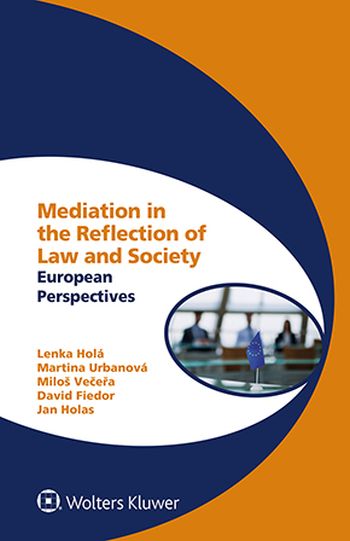
Mediation in the Reflection of Law and Society is a pioneering book capturing the socio-legal context of mediation. Despite slow progress in use, mediation has never failed to make its presence felt in dispute resolution. Through this remarkable book, the contributors have elucidated the need to cultivate a more favourable socio-legal climate for mediation to thrive, and thus, they analyse the legal, cultural, social, systemic and spatial aspects of the use of mediation in the legal practice of the different European Union (EU) countries. Based on a spatiotemporal analysis and models of mediation in the EU, the book identifies the social and cultural reasons for the fragmentation of its legal regulation and reveals the courses available for promoting the effective implementation of mediation in social practice. This book is also unique as a spatiotemporal analysis of the extent of use of mediation in a region as large and diverse as the EU has never been carried out before.
What’s in this book:
Several methodological and conceptual approaches to evaluate the legal and social aspects of introducing mediation to legal systems have been employed by the authors – all with long-term experience in the exercise and research of mediation directly in the field – to furnish insights into the following facets of the use of mediation:
Modern knowledge of law, sociology and psychology form the basis for the legislative efforts proposed for enhancing the regulation of mediation in EU countries.
How this will help you:
Inarguably, this book provides a fundamental contribution to the legal theory and practice of mediation. Its analysis of mediation is of the utmost value in today’s global society. For users of mediation, EU institutions involved in mediation, EU Member State authorities addressing the issue of mediation, and the wider dispute resolution community worldwide, this book will be highly appreciated for the leaps it takes towards refining arguments for the promotion of mediation and its development, in theory, research and practice.